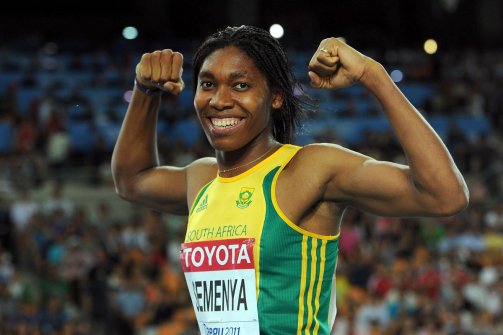
From Crunk Feminist Collective:
On March 26th, 2013 in Sapele, the Delta State of Nigeria, Pastor Henry Enuta was physically stripped and humiliated in public because he is an intersex person. According to news reports, he was almost killed by a lynch mob before being taken into custody by police. Most of the headlines covering this story grossly refer to Mr. Enuta as a “hermaphrodite” because he has genitals that are characteristically male and female. To sensationalize this story and humiliate Mr. Enuta even more, media outlets have published pictures of him bare chested and with torn clothes, holding onto his dignity while passers-by capture pictures of him with their mobile phones.
When I saw this story, I was horrified at how Mr. Enuta’s humanity was reduced to a mockery simply because his body did not conform to narrow standards of what a man’s body should be. For him to be forcibly stripped with no one to offer him clothes or rescue was atrocious. I was doubly astounded at how members of his community sought to kill him for the mere fact that he was different and considered some kind of freak. Nevertheless, given that this incident has taken place in Nigeria, I want to be very aware of my position as an African American queer intersex man living in the United States. People with intersex conditions living in the United States are just as vulnerable as intersex people living abroad. The medicalized and state sanctioned violence that impacts intersex people living in the United States is a pervasive, isolating, and silencing kind of violence that recreates stigma and shame.
In speaking out against this act, my goal is not to impose a critical, patronizing gaze on how people in Nigeria should respond to queerness or difference. Considering how the United States and Europe have responded to legislation that seeks to punish, kill, and “reform” queer people in Uganda, for example, I find myself both wanting to fight for the sovereignty of Black African nations and also asking those same nations to uphold the humanity and dignity of their queer and sexually differentiated citizens. Those of us committed to the upholding the dignity and respect of intersex people around the world must be willing to do the hard work of both checking our biases and privileges while also continuing to advocate for justice wherever injustice occurs.
(9)


